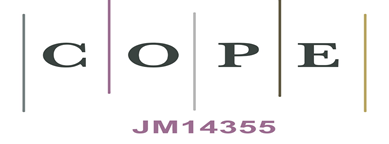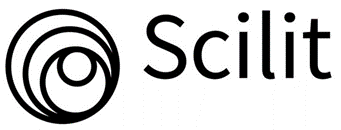Sustainable Transportation Strategies in Baghdad City: Shaab – Selekh Intersection
Keywords:
Sustainable Transport, Strategies, City of Baghdad, Avoidance Strategy, Improvement StrategyAbstract
Traffic congestion is the main traffic problem in major cities, which increases the psychological and health pressures on road users and society, as well as increasing the associated economic costs such as increasing fuel consumption and increasing the loss of cars, as well as increasing polluting emissions to the environment. The intersection of Shaab - Selekh in Baghdad city is one of the most important intersections for linking the center of Baghdad in the northern provinces. It is characterized by high traffic density, especially in the peak hours of morning and evening caused by congested traffic congestion, delay in the time of the trip, causing waste of a lot of time, cost, inconvenience and reduce the level of service. The research aims to know the level of service in the intersection and propose solutions that adopt sustainable transport strategies to improve the level of service and reduce congestion traffic at the intersection.
Downloads
Published
How to Cite
Issue
Section
Copyright (c) 2020 Areej Muhy Abdulwahab, Muntathar Ahmed Bader

This work is licensed under a Creative Commons Attribution 4.0 International License.
















